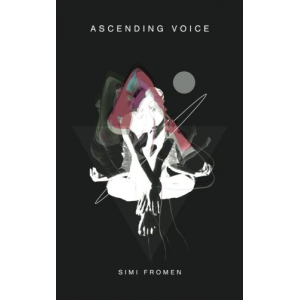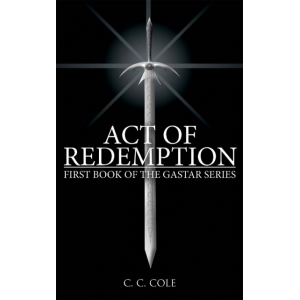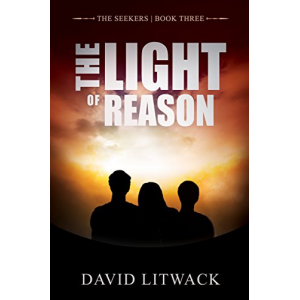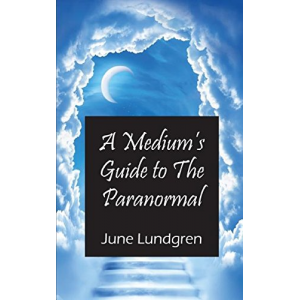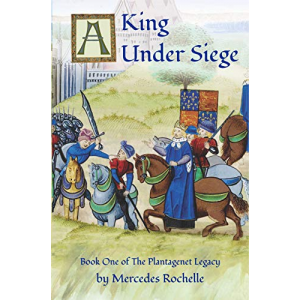- Author
- Book
- Story behind the book
- Media Links
- Reviews

Rithika Ramesh
About
I’m Rithika Ramesh, a vegan, baker, blogger, travel junkie and an animal lover. I run Mumbai’s only 100% vegan bakery The Green Stove from my suburban home. While my oven keeps me busy, I enjoy writing about food and my vegan travels. I come from a family of amazing cooks starting with my great-grandma, both my lovely grandmothers and of course my mother who pushed me in the right direction.
After studying film making and working on a few films, I gave it up for greener pastures. Around the same time I came across the word “vegan” and went exploring. I was brought up a vegetarian, but experimented with meat in college. After a Vipassana course in 2008, the thought of eating meat was unbearable and in 2009 I learnt about the cruel dairy industry. It wasn’t a hard decision at all. From that very day I went vegan. I have been baking since I was 10 for family and friends' birthdays, but with my dietary change I had to now bake my own birthday cakes. I soon realised I wasn’t the only vegan going through this in Mumbai and The Green Stove was born.
Mumbai is a great city to be eating in since it is a culmination of lots of different flavours from all over India and being a vegan in this city is an amazing culinary experience. This guide is my homage to the city I live in and the people who choose to be compassionate the world over.
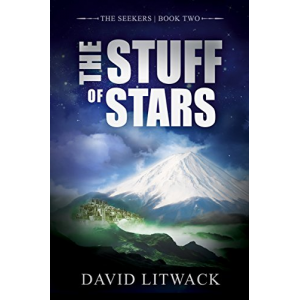
The Seekers: The Stuff of Stars (Dystopian Sci-Fi - Book 2)
Description
<p>This second book in <em>The Seekers</em> dystopian series continues the story started in the critically-acclaimed <em>The Children of Darkness</em>, winner of the <strong>Pinnacle Book Achievement Award, Summer 2015 - Best Book in the Category of SCIENCE FICTION</strong>, and winner of the <strong>Awesome Indies Seal of Excellence</strong>....</p><h1><strong><em>The Stuff of Stars</em> by David Litwack</strong></h1><p>Evolved Publishing presents the second book in the new dystopian series <em>The Seekers</em>. [DRM-Free]</p><h2><em style="font-size:13px;line-height:1.6em;">“But what are we without dreams?”</em></h2><p>Against all odds, Orah and Nathaniel have found the keep and revealed the truth about the darkness, initiating what they hoped would be a new age of enlightenment. But the people were more set in their ways than anticipated, and a faction of vicars whispered in their ears, urging a return to traditional ways.</p><p>Desperate to keep their movement alive, Orah and Nathaniel cross the ocean to seek the living descendants of the keepmasters’ kin. Those they find on the distant shore are both more and less advanced than expected.</p><p>The seekers become caught between the two sides, and face the challenge of bringing them together to make a better world. The prize: a chance to bring home miracles and a more promising future for their people. But if they fail this time, they risk not a stoning but losing themselves in the twilight of a never-ending dream.</p><p><strong>Be sure to start with the first book in this series, the multiple award-winning <em>The Children of Darkness</em>. And don't miss David's award-winning speculative saga, <em>The Daughter of the Sea and the Sky</em></strong></p>
